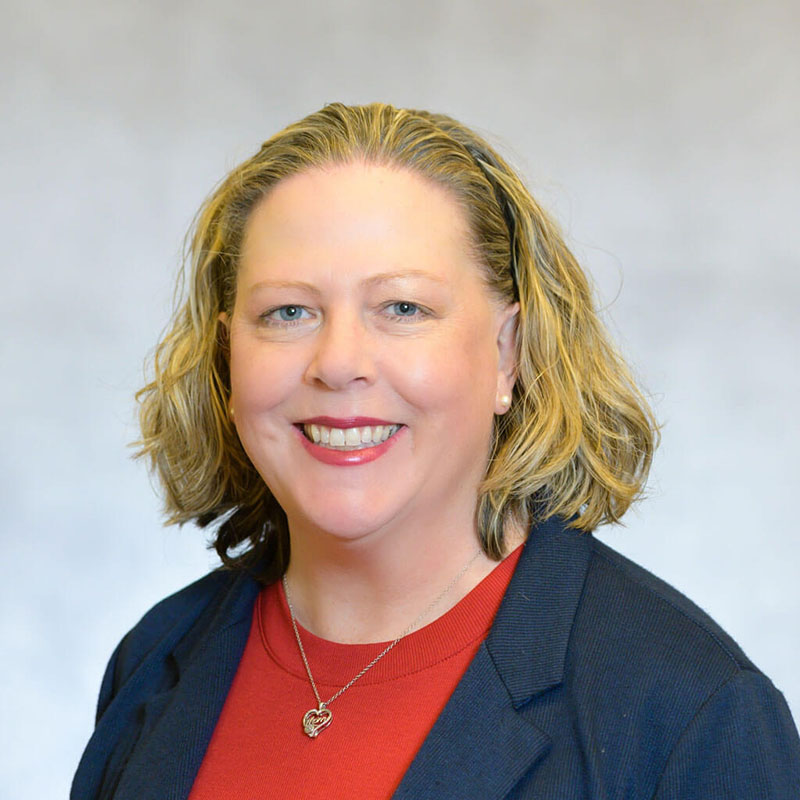This past summer, I joined a book club that was reading Brené Brown’s book Braving the Wilderness: The Quest for True Belonging and the Courage to Stand Alone. The book discusses how we spend our lives looking for true belonging and how difficult and painful it can be when we don’t feel like we belong. It goes way beyond just this single issue, but this topic really resonated with me in relation to the field of implementation science (IS).
I think we have all questioned, at one time or another, if we have the right background, education, research experience, the right (you name it) that make us feel qualified and accepted by a specific group that we really want to join. As a relatively new scientific field, I frequently hear people ask during trainings or at conferences when will they become “card carrying” implementation scientists? People want to belong to this wonderful and growing scientific community, and the great news is that the field of implementation science is very welcoming, and from my experience, no cards are necessary for participation.
After reading the book, it got me thinking about the many ways that people can develop that sense of connection and belonging in implementation science. There are numerous avenues to plug into the field and learn about the science. However, one of the best places to connect with others in the field of implementation science is the Annual Conference on the Science of Dissemination and Implementation in Health, co-hosted by the National Institutes of Health and Academy Health. This year’s meeting is being held December 8 – 11 in Arlington, VA. There are numerous opportunities for connecting with others in the field beyond the important panels and plenary presentations. For those looking to develop a stronger connection in the field, I would encourage participating in one of the five “pre-conference workshops” or participating in one of the “discussion forums” on Tuesday afternoon. A number of “special sessions” have been organized that are wonderful ways to gain insight into topics. The poster sessions each day are a great way to learn more about the current research in the field as well as make connections with individuals. Each year, an “Early-Career Technical Assistance Workshop” is also held at the end of the conference. Registration for the workshop has closed for this year, but there will be another opportunity to participate next year! In addition to all the sessions, there is plenty of time built into the conference agenda to network with other attendees and presenters. Before attending, reach out to someone you would like to make a connection with, someone from a different university, agency or organization, and see if they will be there. You might be surprised how many people would be delighted to meet with you and discuss shared interests and potential collaborations.
Another great opportunity for connecting with others is the Consortium for Cancer Implementation Science (CCIS). The CCIS is a public effort where individuals (researchers and practitioners) join to address key challenges and the IS agenda in cancer. The CCIS has eight action groups where you can connect with others on topics that may interest you. These action groups meet regularly to work on the development of publicly available tools and resources and provide a space for connecting and learning from others working on IS and cancer. The CCIS also holds an in-person meeting each year. The next annual meeting will be hosted by Wake Forest University School of Medicine and Atrium Health Wake Forest Baptist Comprehensive Cancer Center in Winston-Salem, North Carolina, February 26 – 28, 2025. Like the Annual D&I Conference, the CCIS annual meeting provides many opportunities for people to connect with others in the field of IS and cancer. Along with keynote and panel presentations, there is a small-group peer-to-peer mentoring session, as well as opportunities to meet action group leaders to learn about current and future activities and how you can get more involved in their work. There is also plenty of time built into the schedule for networking.
I hope that these two upcoming events will help us all develop a stronger sense of connectedness and belonging to this wonderful field.
Cynthia A. Vinson, Ph.D., M.P.A., is a senior advisor for the Implementation Science Team in the Office of the Director in the Division of Cancer Control and Population Sciences (DCCPS) at the National Cancer Institute (NCI). She currently works on building and sustaining the field of implementation science to enhance the integration of evidence-based guidelines, programs, and policies for cancer control in public health and clinical practice.

Dispatches from the Implementation Science Team, is an episodic collection of short form updates, authored by members and friends of the IS team representing a sample of the work being done and topics that our staff are considering for future projects. Topics address some of the advances in implementation science, ongoing issues that affect the conduct of research studies, reflections on fellowships and meetings, as well as new directions for activity from our research and practice communities.


